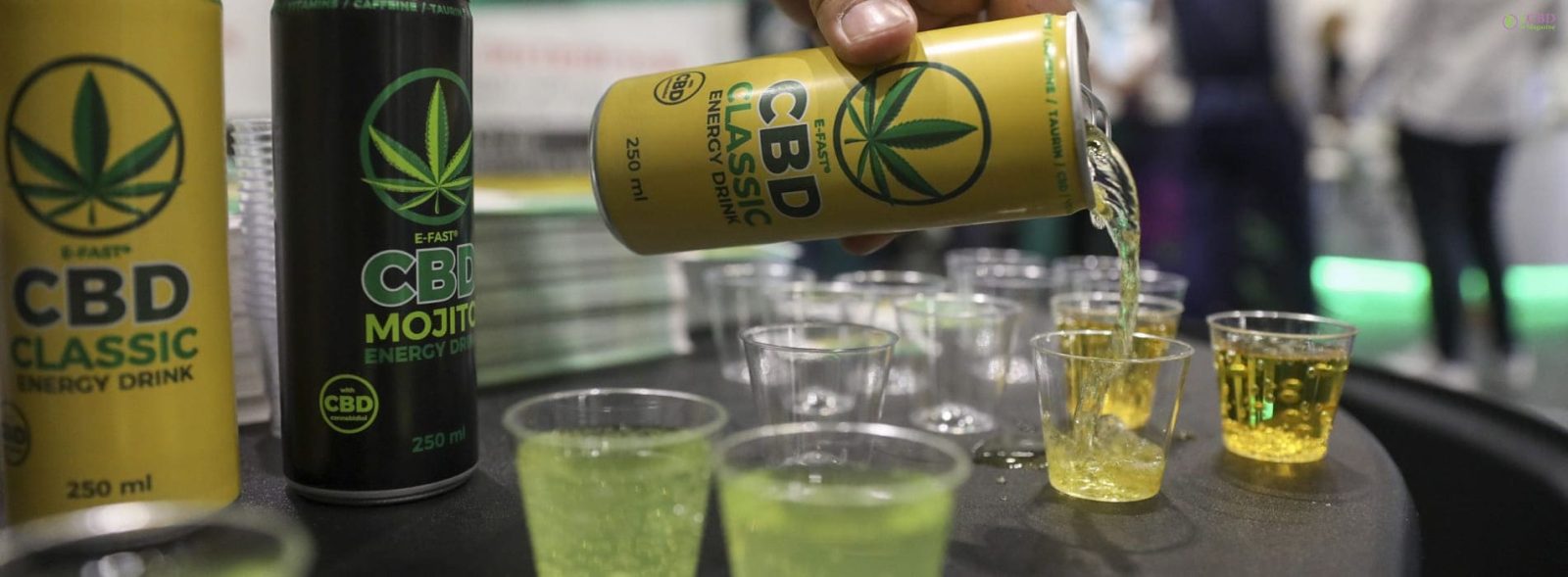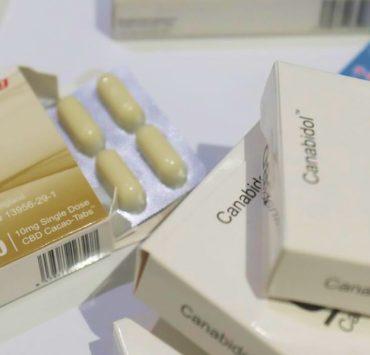Barsha Bhattacharya is a senior content writing executive. As a…
As we discussed recently, food regulators in the United Kingdom have lowered the advised daily intake of CBD in various high street products, including snacks and drinks. The FSA says that this advice is absolutely precautionary, post arising concerns that long-term usage might end up causing liver as well as other health problems.
Adults are currently being advised not to have over 10 milligrams of CBD per day, whereas, previously, the recommended dosage was about 70 milligrams per day.
Moreover, the FSA has issued a warning that certain products available online and in shops contain over ten milligrams of CBD per day, which happens to be about four to five drops of five percent CBD oil.
Professor Robin May, the Chief Scientific Advisor of FSA, said, “The more CBD you consume over your lifetime, the more likely you are to develop long-term adverse effects, like liver damage or thyroid issues. The level of risk is related to how much you take, in the same way it is with some other potentially harmful products, such as alcoholic drinks.”
Associated Health Risks:
Two autonomous committees have reviewed the scientific evidence, which also includes information submitted by CBD manufacturers. While the FSA did mention that there will be no acute safety risk from the consumption of 10 mg of CBD per day, the thing is, regular consumption over this level can certainly pose multiple health risks.
Obtained from cannabis but without any psychoactive properties, CBD is typically sold in multiple health-food shops and pharmacies as a supplement for treating conditions like insomnia or pain.
CBD products can easily be sold as:
- Drinks,
- Bread,
- Bakery goods,
- Sweets,
- Confectionery,
- Gel Capsules,
- Sprays,
- Tinctures,
- Drops, and
- Oils.
Certain people – including pregnant women, individuals on medications, and children are recommended not to consume CBD.
A FSA spokesman said, “We highlight to consumers that this guidance demonstrates the FSA still considers CBD to be safe, and their advice relates to lifetime consumption of daily high doses of CBD.”
The suggestion is advisory only – regulators aren’t requesting that any items be taken off the shelves.
The FSA’s List And Problems:
Food Standards Scotland has also issued similar advice.
FSA’s CEO, Emily Miles, said, “We understand that this change to our advice will have implications for products currently on the market that contain more than 10mg of CBD per serving. We will be working closely with the industry to minimize the risk to ensure consumers are not exposed to potentially harmful levels of CBD.”
The FSA has also come up with a list of CBD food items that are currently under review. Products on this particular list aren’t authorized formally for sale since they haven’t been assessed for safety. However, these are linked to different applications that are moving via the novel foods procedure.
Of course, inclusion on this list doesn’t guarantee authorization, but any unlisted product shouldn’t be sold in Wales and England.
The Assistant Director of Food, Andrea Martinez-Inchausti, at the British Retail Consortium said, “Retailers will follow any and all FSA advice on the sale of products containing CBD and take their obligations around these products very seriously.”
MORE FOR YOU:
Barsha Bhattacharya is a senior content writing executive. As a marketing enthusiast and professional for the past 4 years, writing is new to Barsha. And she is loving every bit of it. Her niches are marketing, lifestyle, wellness, travel and entertainment. Apart from writing, Barsha loves to travel, binge-watch, research conspiracy theories, Instagram and overthink.








